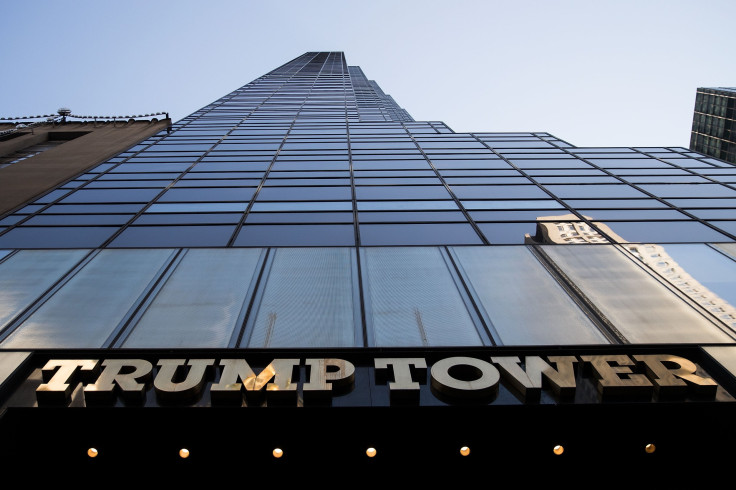Flag Burning At Trump Tower: Donald Trump Protests Test First Amendment

It didn't take long for protestors to respond to President-elect Donald Trump's tweet calling for punishment for those who burn the American flag.
A video posted Tuesday (shown above) shows members of the left-wing NYC Revolution club dousing two small U.S. flags in accelerant and igniting them in front of Trump Tower in New York.
The angry display was in response to Trump's tweet early Tuesday, which said that flag burners could face one year in jail or lose their citizenship.
Burning the American flag, which is considered “symbolic speech,” is technically protected under the First Amendment.
Two incidents led to the act’s overturn. The first was the Texas v. Johnson case in 1984 when Gregory Lee Johnson torched the flag outside the Republican National Convention in a protest against Ronald Reagan. He tried to appeal his arrest and lost but later won when the Texas Court of Criminal Appeals ruled that Johnson’s actions were “expressive conduct,” according to Cornell University’s Legal information Institute.
The Supreme Court ruled 5-4 in Johnson’s favor. In response, Congress passed the Flag Protection Act, which states: "Whoever knowingly mutilates, defaces, physically defiles, burns, maintains on the floor or ground, or tramples upon any flag of the United States shall be fined under this title or imprisoned for not more than one year, or both.”
In 1990, demonstrators were again arrested for burning the flag and appealed to have their charges dropped. The case went to the Supreme Court, named United States v. Eichman. The court struck it down, stating that, "its asserted interest is related to the suppression of free expression and concerned with the content of such expression,” according to legal database Oyez.
Since then, Congress has made efforts to overturn the decision. In 2005, Hillary Clinton co-sponsored a bill that would make burning the American flag punishable by up to a year in prison and a $100,000 fine. In 2006, the Senate rejected by one vote a proposed constitutional amendment to overturn the Supreme Court decision.
© Copyright IBTimes 2024. All rights reserved.











